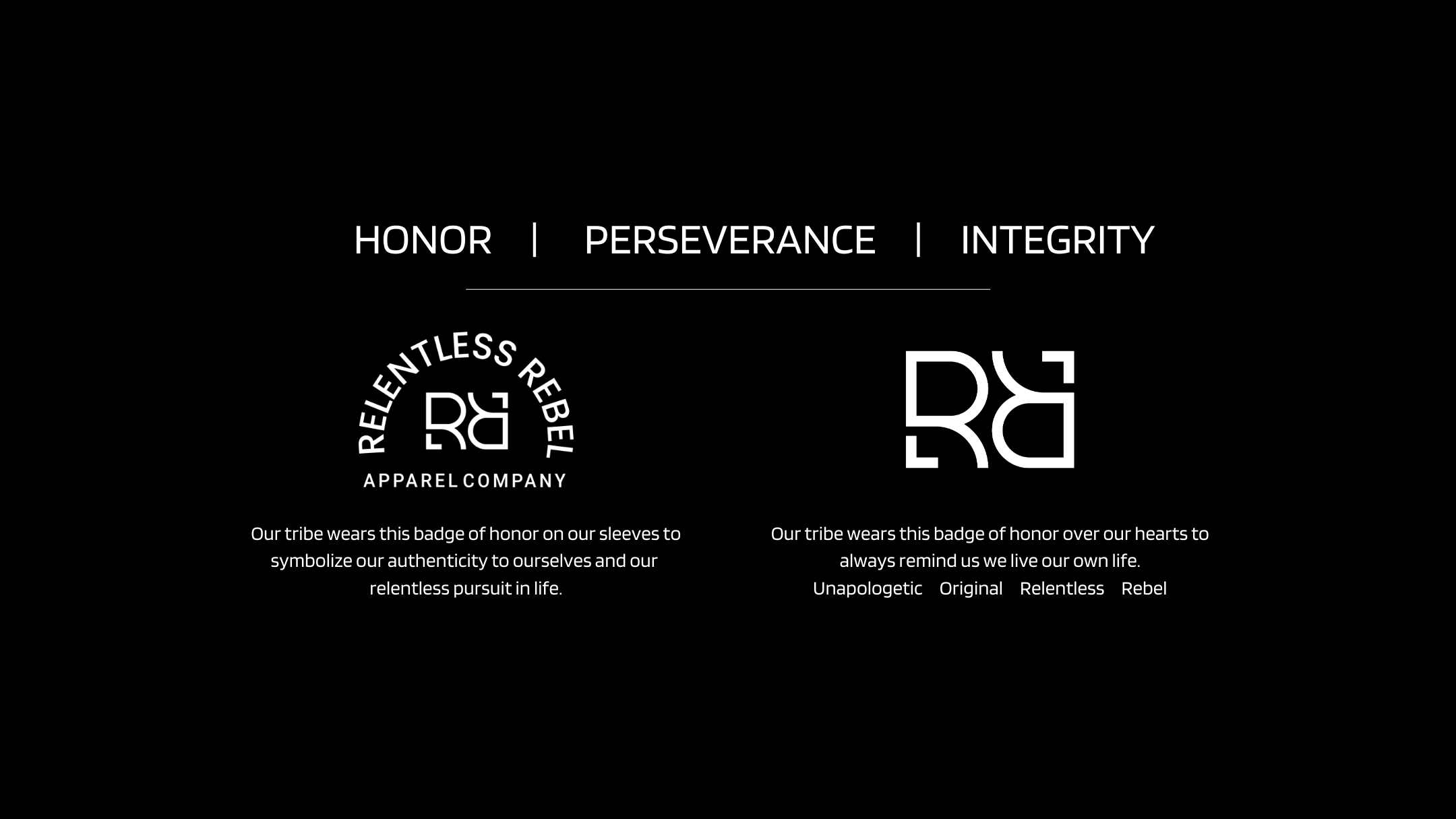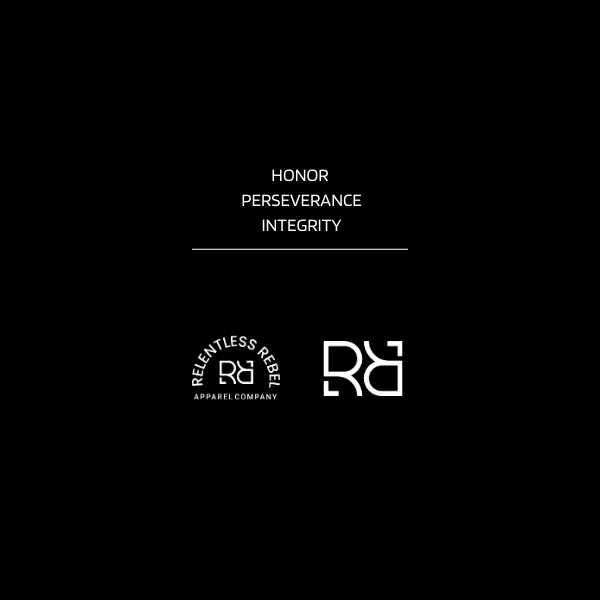Rebel Talk: Risk. Hanging on the edge.

What is Risk? Last night I had a teachable moment with my youngest sons about risk. Their mom and I have 50/50 split time with them. This was one of my weekends with them. My oldest is at the age where now he is beginning to want to spend more time with friends. :( His last weekend before school starts he was off to a Northern MN cabin with one of his friends. While hard, it gives me one on one time with my youngest.
There is an arcade in town, and my son loves this arcade. I used to load up his arcade card with a set amount, say $20. He'd run around and blow through that $20 like it was free money. Almost like buying stuff on credit cards, it doesn't feel real or limited. He's gotten better. He gravitated towards this game last night. This game, for however many credits on your card, you get a set number of coins. You push a button, and these coins pile up at the back, which the slider than slowly pushes forward, in hopes of the coins and tokens on the edge, over and into the machine where you will then get ticket credits which are exchangeable for some cheap trinkets at the ticket counter. I remember tickets and going to the ticket counter when I was a kid and how exciting it was, so I understand the allure.
The issue here though, is these green and red tokens teetering on the edge giving the hope that with just a few more credits or coins put in, they will be pushed over the edge and ticket bonuses will be awarded. We sat there for over half hour at this machine as he tried and tried. "Dad, just one more, they are about to fall". Until they didn't. He was risking his credits (and other game plays) on the hopes of a reward of some bonus tickets to get him further at the ticket counter. Now that we are adults, we all know how these games work. They are like a casino; the house always wins. Helping him realize this (while still enjoying the magic of arcade games for kids), was a valuable teachable moment that I am thankful for.
We all are tempted by risk. "Take the risk or lose the chance". What does that mean? What is risk? What is good risk vs bad risk? I've taken more risks in life than I care to admit. Both good and bad. Without some of those risks, Relentless Rebel would not be here for all of you. But there is "good risk" (business risk), and "bad risk" (gambling).
Let's look at both.
In life, we're often confronted with moments that demand a decision: Do we take the plunge or play it safe? Do we reach for that next big goal, or do we hold back, fearing the unknown? These are the moments where risk becomes a defining factor in our journey. But not all risks are created equal. There's a world of difference between the kind of risk that propels us forward, opening doors to new opportunities, and the kind of risk that leaves us stuck in a cycle of uncertainty and loss. Understanding this difference is key to not just surviving, but thriving.
The Anatomy of "Good Risk"
"Good risk" is the kind of risk that aligns with your vision, your goals, and your values. It’s calculated, strategic, and rooted in purpose. Think about it in terms of business: When you take a calculated business risk, you’re not simply rolling the dice and hoping for the best. You’re analyzing the market, understanding your audience, weighing the costs against potential rewards, and moving forward with a plan. Sure, there’s always a chance things might not pan out exactly as you envisioned, but even in those cases, you walk away with valuable lessons and experience. Every step is a deliberate move toward growth.
In your personal life, good risks might look like pursuing a new career, starting a side hustle, or investing time and energy into learning a new skill. These are the risks that, even if they come with challenges, push you closer to your dreams. They stretch your abilities and expand your horizons. They’re risks that, deep down, you know are worth taking because they resonate with who you are and who you want to become.
The Trap of "Bad Risk"
On the flip side, "bad risk" is often driven by impulse, emotion, or desperation. It's the kind of risk that’s akin to gambling, where you're throwing caution to the wind and hoping for a miracle without a solid plan. Bad risk is dangerous because it’s rooted in a desire for quick fixes or easy wins, and it often leaves you worse off than when you started.
In business, bad risks can manifest as rash decisions—like dumping a huge amount of money into a venture you haven’t thoroughly researched, or chasing trends without understanding the market. In your personal life, it might look like making major life changes without considering the long-term impact or diving into relationships or commitments that aren’t aligned with your values.
The problem with bad risk is that it doesn’t just set you back; it can also erode your confidence, making you more hesitant to take the right kind of risks in the future. It’s a cycle that keeps you spinning your wheels, rather than moving forward.
Making the Distinction in Your Life
So how do you know when you’re taking a good risk versus a bad one? It all comes down to clarity and purpose. Before you take any leap, ask yourself:
- Is this aligned with my long-term goals? A good risk will always push you closer to where you want to be in the bigger picture.
- Have I done my homework? Good risk requires preparation. If you’ve taken the time to research, plan, and prepare, you’re likely on the right track.
- What’s the worst-case scenario? If the potential downside is something you can recover from and learn from, it might be worth the risk.
- Am I acting out of fear or desperation? If your decision is driven by panic or a need for quick results, it might be a bad risk masquerading as an opportunity.
Elevating Your Life Through Strategic Risk-Taking
The beauty of embracing good risk is that it puts you in the driver’s seat of your own life. It’s about taking control and making decisions that reflect your highest aspirations. It’s about understanding that, while every risk carries the possibility of failure, it’s the calculated risks that lead to the most meaningful successes.
When you begin to distinguish between good and bad risks, you start to move with intention. You build a life that’s not just reactive, but proactive—a life where you’re not afraid to take chances, because you trust in your ability to navigate the outcomes. This is how you elevate yourself, how you grow, and how you turn dreams into reality.
So the next time you’re faced with a decision, remember: It’s not about avoiding risk altogether; it’s about choosing the right kind of risk. The kind that’s rooted in purpose, backed by preparation, and aligned with the life you’re striving to build. Take those risks, and watch how they transform your journey into something extraordinary.
Stay Relentless,
Ryan





























Leave a comment